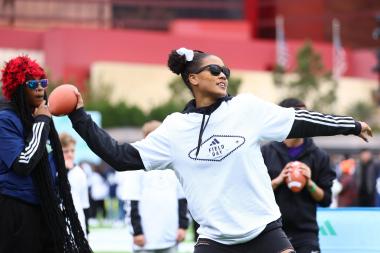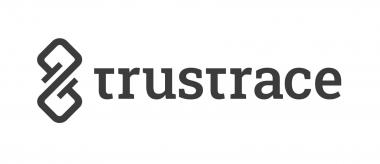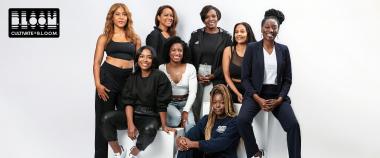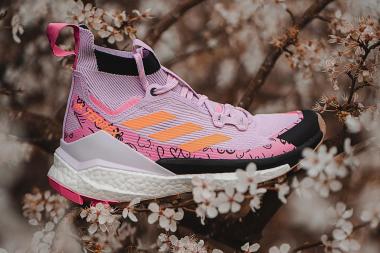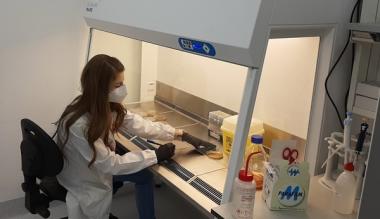GFA and PDS Ventures: Funding programme for fashion innovation
Global Fashion Agenda (GFA) has collaborated with PDS Ventures to launch a new Trailblazer Programme. The new initiative seeks to identify early-stage innovators and support them on their journey to scale.
As part of the Trailblazer Programme, PDS Ventures will award one innovator a significant investment of up to USD 200,000* to accelerate the company’s growth and positive impact in the fashion industry. The winner will also receive commercial and operational support from PDS Group’s Positive Materials - a textile company and strategic research partner supporting the development and acceleration of low impact textile innovation through collaboration between early-stage start-ups, supply chain partners and brands. Further scaling opportunities will be gained through access to PDS Limited’s extensive global supply chain.
GFA and PDS Ventures are presenting an open call for solution providers addressing different challenges across the fashion value chain to apply for the programme. Applicants will be reviewed and shortlisted by an esteemed Jury including representatives from GFA, PDS Ventures, Massachusetts Institute of Technology (MIT), Ralph Lauren Corporation, Fashion For Good and H&M Group. Eight shortlisted innovations will be enrolled in a group of Trailblazers, receiving feedback and investment pitch training from industry experts and PDS representatives.
Each shortlisted innovator will then pitch for a potential investment, with the winning Trailblazer being revealed at GFA’s Global Fashion Summit: Copenhagen Edition 2024 - an international forum for sustainability in fashion, on 22-23 May at the Copenhagen Concert Hall. All shortlisted Trailblazers will also have the opportunity to showcase their businesses within an exhibit at the Summit to connect with other key industry stakeholders and potential investors.
The Trailblazer Programme corresponds with the theme of the upcoming Global Fashion Summit - ‘Unlocking The Next Level’. Inspired by a significant milestone, 2024 marks 15 years since the inaugural Global Fashion Summit was hosted in 2009. This pivotal anniversary offers a special moment to not only take stock of the evolution of the sector and the progress made so far, but, most importantly, look ahead at what actions must urgently be implemented in the near term, and the gaps that must be filled to accelerate industry transformation.
Global Fashion Agenda






